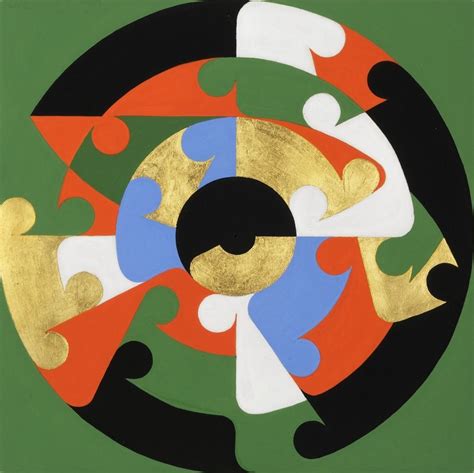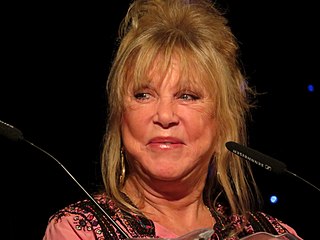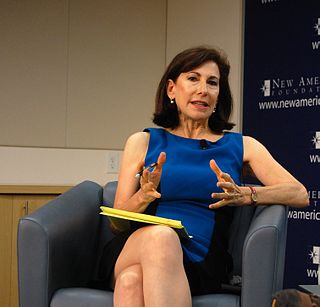A Quote by Graciela Iturbide
I don't pretend to make my photographs speak the truth of what Mexico is all about. But in its villages I can feel the way culture is changing, and it's fascinating to live through it and try to capture it on camera.
Related Quotes
I have received the digital camera as a blessing. It has really changed my life as a filmmaker, because I don't use my camera anymore as a camera. I don't feel it as a camera. I feel it as a friend, as something that doesn't make an impression on people, that doesn't make them feel uncomfortable, and that is completely forgotten in my way of approaching life and people and film.
It wasn't until I realised that I could actually take nice photographs that I started to become passionate about it. I then got a few jobs working for magazines in London, and I would get terribly excited and intense about doing a job and taking photographs and looking through the lens to capture something amazing.
During my performances, I don't like folks to take pictures because I feel that we live in a very photographic time. Photography was invented over 100 years ago, and now it's at its peak because everyone has a camera. The fact that they are taking experiences and filtering them through a mechanical lens I find amazing, but also disheartening. Amazing when you have photographs that start revolutions. Disheartening when you have people making photographs but not living.
Yes. The way people behave, the paradoxes, the contradictions. All these things we have to live with and still pretend that everything is only black or white. That, I think, is the most interesting thing in human nature. The fact that we have to do one thing and pretend something else. That’s when it becomes very interesting. If you can literally speak the way you feel, then it’s not interesting anymore. It’s when you have to lie that it becomes interesting.
I love to just listen and watch. I could happily watch a security camera at a store. Often during a day I'll see a guy selling pretzels or an argument that somebody's having on a stoop and I'll think, "Oh I wish I had my camera, I wish I could capture this moment." There's something about people being people and interacting that can be so beautiful when it's framed by a camera. That desire to capture people as they are, and the stubbornness to keep going when they don't necessarily want you to capture them being who they are, are key.
There's something very satisfying about old cameras because they're ingenious. I mean when you take them apart and actually see, 'Oh, this is how we make photographs,' it's an ingenious thing, but it feels like it's in a way a layman can appreciate, whereas a digital camera, I don't even begin to know what goes into making a digital camera.
On the flip side, I've also had to struggle with saying "yes." Before I did this research and before I had my own breakdown and spiritual awakening around this work, my motto was, "Don't do anything that you're already not great at doing." Which I think is the way the majority of adults in our culture live. Authenticity is also about the courage and the vulnerability to say, "Yeah, I'll try it. I feel pretty uncomfortable and I feel a little vulnerable, but I'll try it!"




































